
In the framework of the most important aquaculture fair “Aquasur Tech 2025” held in Punta Arenas, one of the aspects most valued by the attendees were the presentations that were seen in the framework of the International Congress, which was held in one of the halls of the fair and in the framework of the exhibition that brought together more than 1,600 visitors and 90 companies. For this reason, during this week a summary of several of them is already available on the website www.aquasurtech.cl so that users can download them and discover the proposals of various companies. AdClean, for example, showed the innovative disinfectants with low environmental impact for aquaculture, where, based on Green Chemistry, the company develops solutions to protect the health of people and animals, while at the same time decontaminating the planet. The company “Aquabench”, which provides support for the development of salmon farming, discussed the figures for the industry in the Magallanes Region from a productive and sanitary point of view based on production data and indicators. Blumar Seafoods, a world-class organization dedicated to fishing and aquaculture, presented a summary of its history in the industry, its revenues and production and export figures. Finally, they detailed their goals for 2030, where resource management and carbon footprint reduction appear as the main challenges. Alejandro Buschmann, researcher Centro i-mar, CeBiB, MASH, in collaboration with Ana María Zarate and Carlos Aranda, spoke about the sustainability of aquaculture in Chile and the importance of integrated cultivation of macroalgae. In conclusion, he pointed out that there are local impacts of salmon farming, so there are great challenges to understand, such as bioremediation. The Regional Directorate of Corfo Magallanes presented the program “Transforma Regional Hidrógeno Verde Magallanes”, which seeks to achieve a sustainable regional integration, promote R+D+I through partnerships with universities, promote local capacities and achieve economic sustainability in the Magallanes Region. The Dean of the Faculty of Veterinary and Livestock Sciences of the University of Chile, José Manuel Yáñez, told us about EDIGEN, a public-private initiative promoted by the Faculty that seeks to lead the discussion on the implementation of gene editing and genetic engineering technologies in animals in Chile, from a scientific, regulatory and commercial point of view. Empresa Portuaria Austral presented on the Magallanes port system and its strategic challenges, concluding that these can contribute to the reduction of the carbon footprint because the region has transition fuels, natural gas and methanol, as well as potential for renewable energies. In view of this, they argue that the challenge is to enable the ports to provide/supply electricity produced from natural gas and wind energy, as well as the use of transition fuels and green fuels. Huber Technology talked about “Innovative solutions for effluent treatment in the salmon industry”, reviewing the history of the company, as well as innovation in flotation systems, configuration in measurement and washing technology and innovation in sludge dewatering systems. IBM Data Fabric addressed solutions for the aquaculture industry, where the main challenge is to keep salmon populations healthy. For this, they propose the use of the AquaCloud platform, which has an accuracy of 70% in predicting Sea Lice outbreaks, automates the collection and analysis of data and protects the confidential data of aquaculture companies, allowing it to be safer for competitors to collaborate. The company dedicated to the production of profiles, pipes and a wide range of products, IMEL made a review of the company’s history, the family of products available ranging from pipes, conduits and paints to covers, coatings and the innovative and modern construction system TUBOX. Francisco Olguin of Instruvalve, a national company that provides solutions in the area of automation, process control and fluid handling, presented its modular water treatment plants, which range from desalination and wastewater plants to process and reuse plants for truck washing. The Matter of Trust Chile Foundation addressed innovation in hair recycling for environmental solutions, where they have been leading initiatives that transform resources for more than 25 years. They maintain that, by recycling hair, the waste cycle is closed, which facilitates sustainable environmental solutions for the absorption of pollutants, mitigation of the water crisis and soil regeneration. Alfredo González from Nokia presented on “Enabling the next level of digitized aquaculture: Why 5G is a key factor”, a topic that addresses the use of technology in the industry, as well as the current challenges of data and voice connectivity in aquaculture. PTG Frionordica AS, a Norwegian-based provider of sustainable temperature and energy solutions, gave an overview of its products, ranging from automation and control systems to RSW systems and Heat Pumps, which are essential for the industry. Check out the presentations here

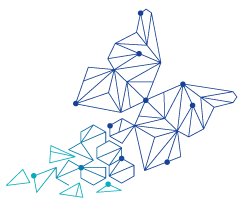
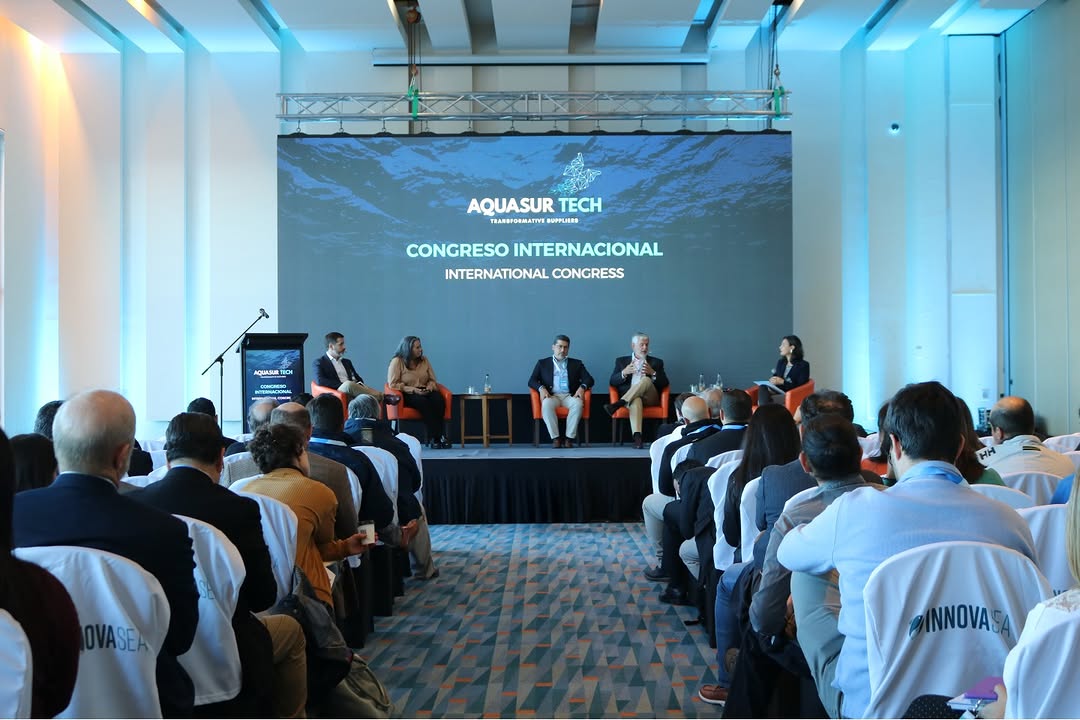
 Related News
Related News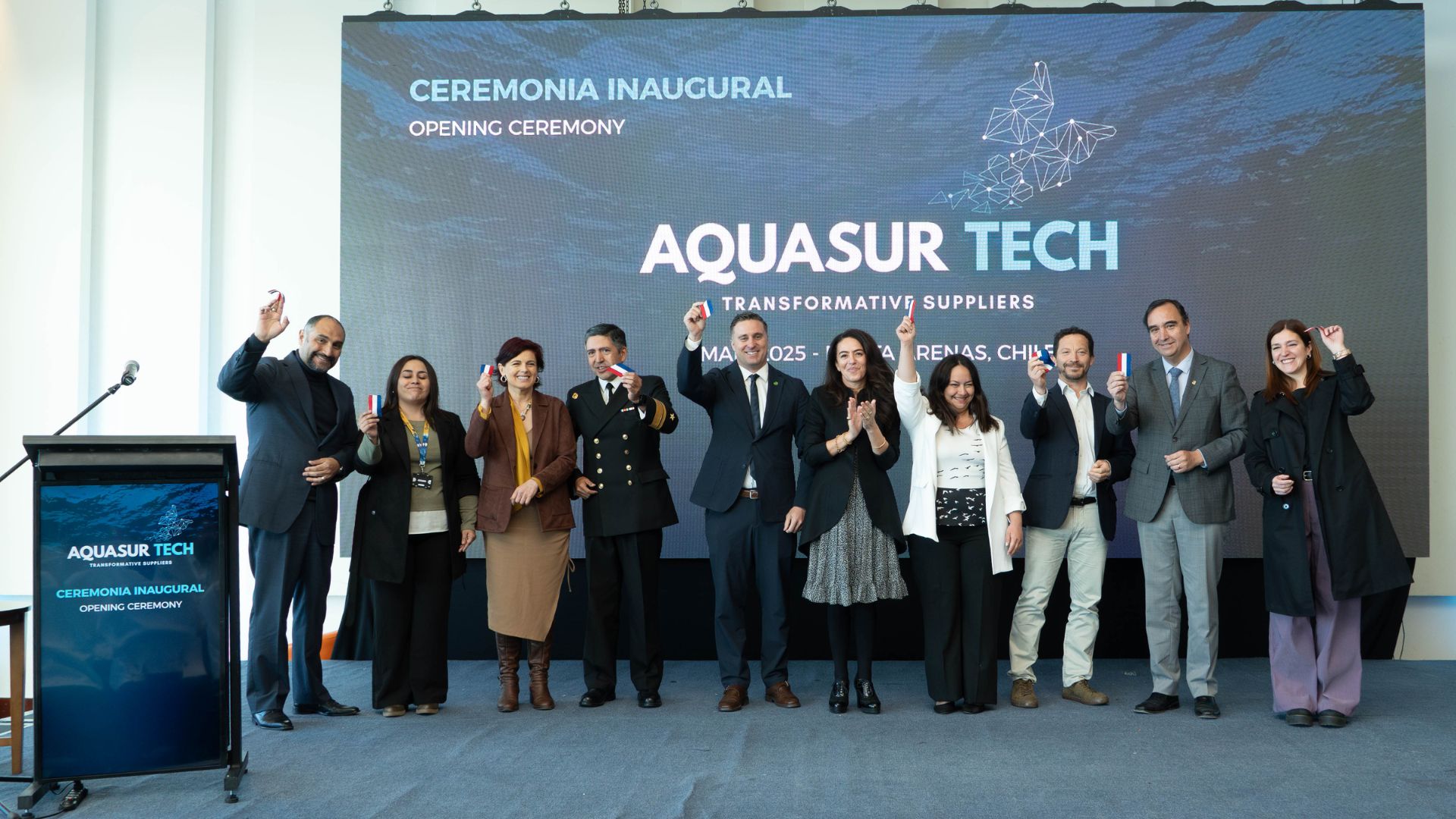 Aquasur Tech 2025 inaugurates its second edition with companies and authorities of the sector
Aquasur Tech 2025 inaugurates its second edition with companies and authorities of the sector
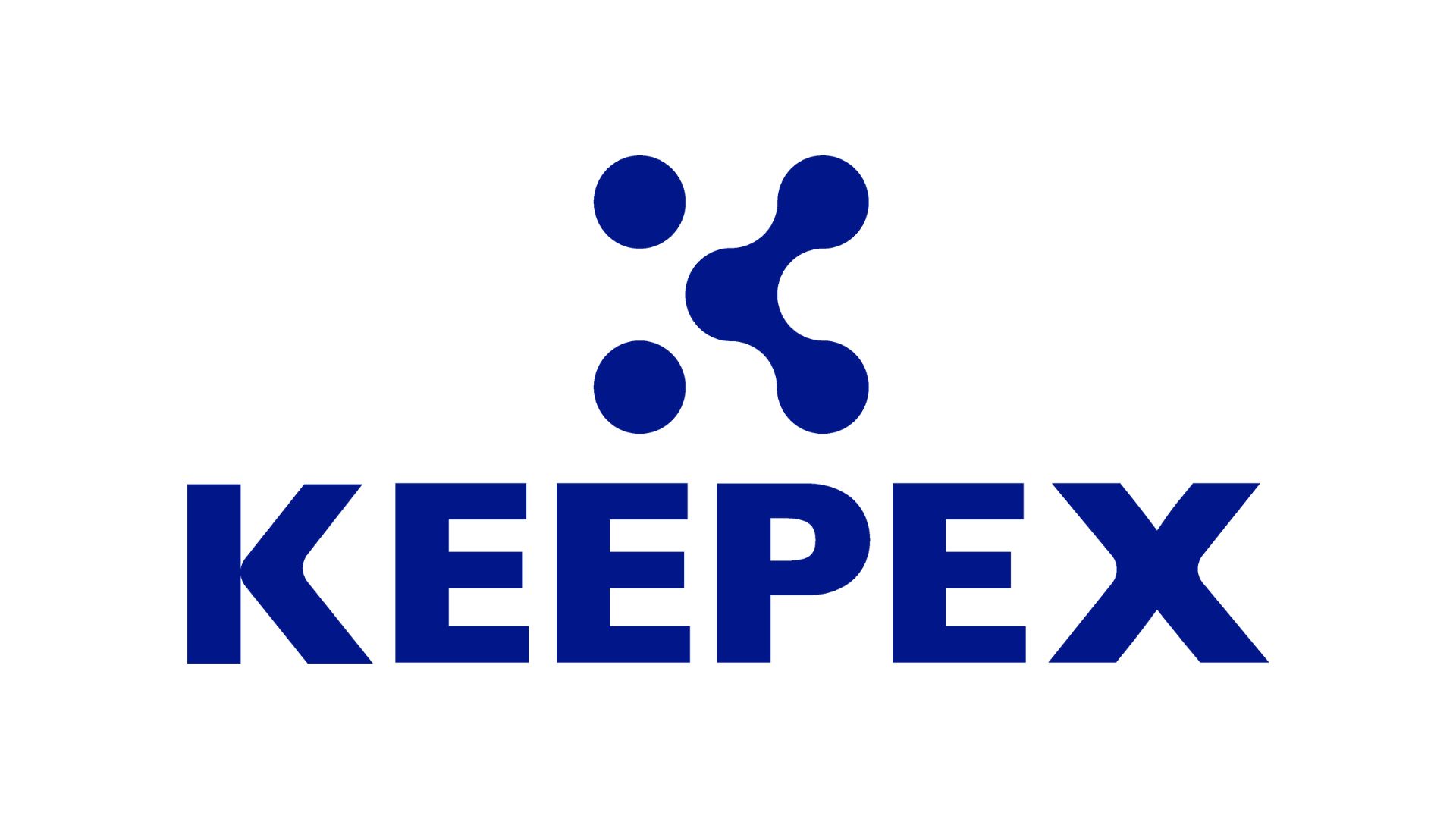 Keepex drives efficiency and sustainability in aquaculture with advanced technical solutions at AquaSur Tech 2025 booth 35
Keepex drives efficiency and sustainability in aquaculture with advanced technical solutions at AquaSur Tech 2025 booth 35
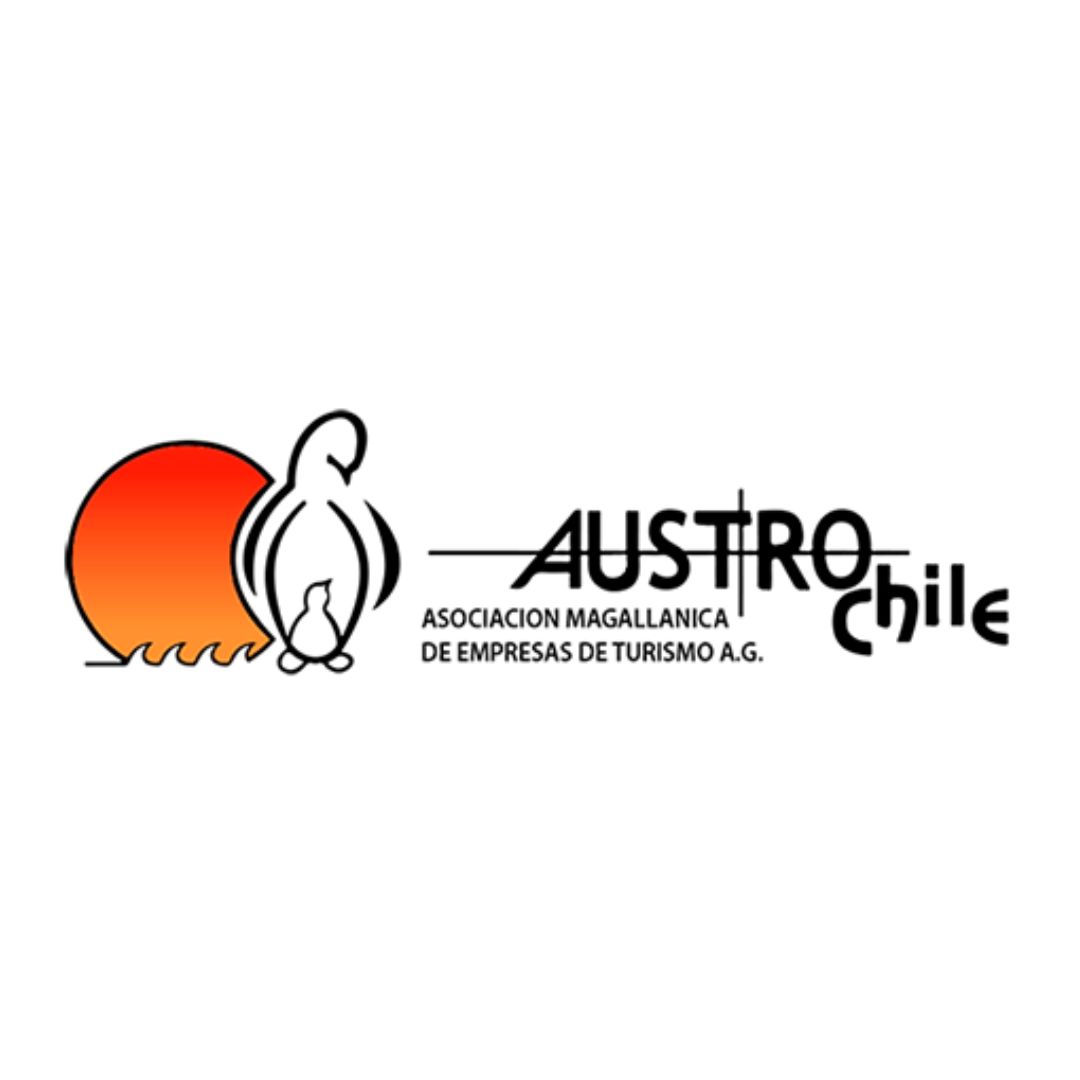 Austrochile promotes MICE tourism as a key to combat seasonality in Magallanes
Austrochile promotes MICE tourism as a key to combat seasonality in Magallanes

